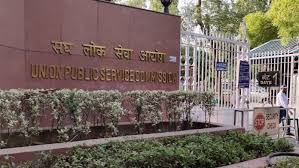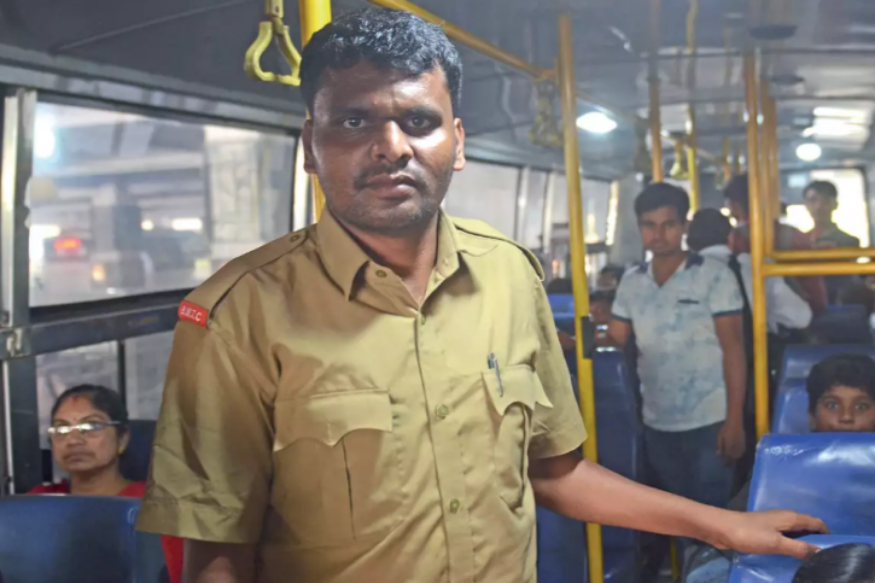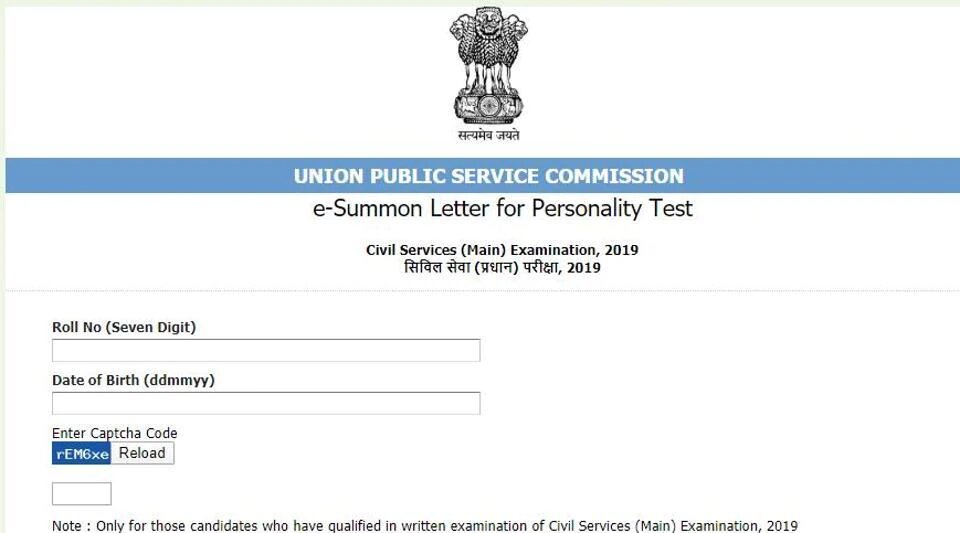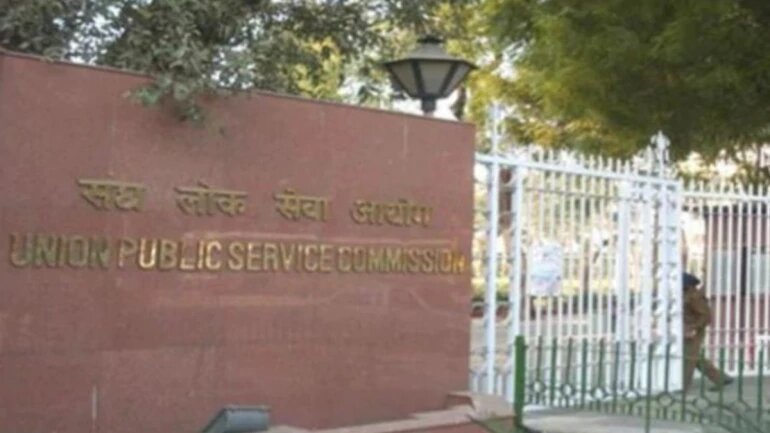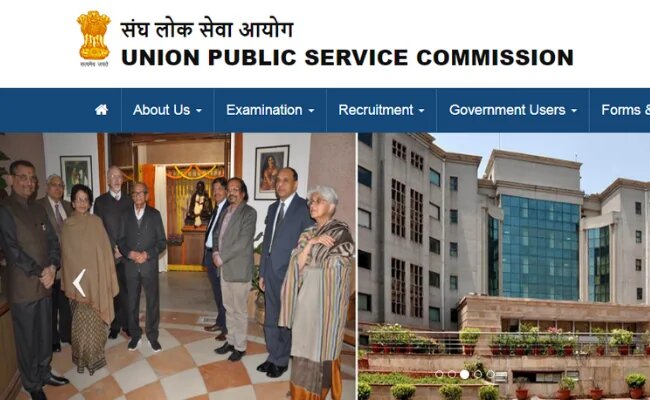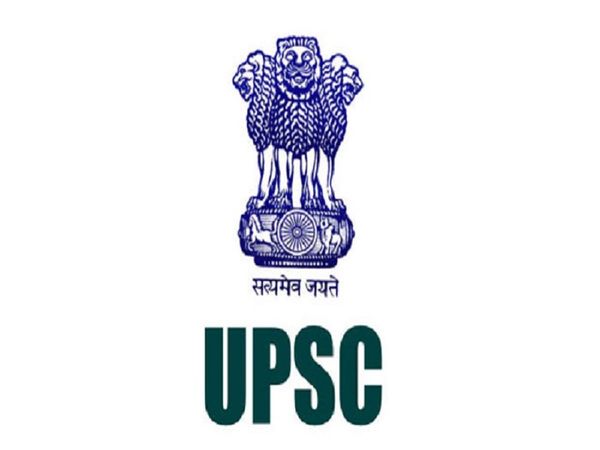Source: theprint.in
New Delhi: The number of candidates taking up the option of being hired by private companies on the basis of their UPSC scores, have risen by some 1,650 per cent in two years.
In 2017, the Modi government for the first time allowed prospective recruiters from the private sector to approach candidates who rank high in the Civil Services Exam and the Indian Engineering Services Exam, both of which are conducted by the UPSC.
The provision is for candidates who qualify till the interview stage of both exams but do not make the final cut. They are then given the option of having their scores uploaded on UPSC’s integrated information system, from which any private company can hire them on the basis of their performance in the exams.
In 2017, 800 such candidates opted to have their scores uploaded onto the UPSC system. Of these 200 landed private jobs.
In 2018, the number rose sharply to 6,000 candidates, of whom 500 were offered jobs.
In 2019, the number peaked to 14,000, data accessed by ThePrint shows.
“Now, 80-90 per cent of the candidates who make it till the interview stage opt for this,” a senior UPSC official said. “It is particularly popular among engineers and doctors who get jobs in the private sector easily on the basis of their UPSC scores.”
UPSC recruiting fewer candidates for civil services
The rise in numbers of candidates opting for private employment through the UPSC scores comes at a time when the number of civil services personnel recruited by the commission has been steadily declining.
According to data provided by the Department of Personnel and Training in Parliament last week, only 2,352 candidates were selected by the UPSC in 2018-19.
“The government can select only so many candidates, but the others are bright, competent too… If every year, about 500-1000 candidates land private jobs through the UPSC exams, you are making sure that the years they spent preparing for the civil services has not gone waste,” a Department of Personnel and Training official said.
There has been a trend of even public and government organisations like the Sports Authority of India or NTPC hiring non-qualified candidates at key positions in the past, said Siddharth Verma, Practice Head at Direct Hires, an employment firm.
“So it is only logical that the private sector can also make use of these candidates who fall short of making it to government services by a mark or two,” he added. “I am not quite sure of exactly what kind of jobs these people are landing, there are some key industries where their preparation as UPSC candidates comes handy.”
Given their familiarity with humanities, IAS aspirants do well in the consumer sector, where there is some level of understanding of consumer behaviour required, he said. Additionally, UPSC aspirants who have an expertise in economics or statistics do well in the banking, financial and insurance sectors.
“The point is that the level at which these aspirants prepare for the exam is itself a skill that can be used well by any employer,” Verma said.
